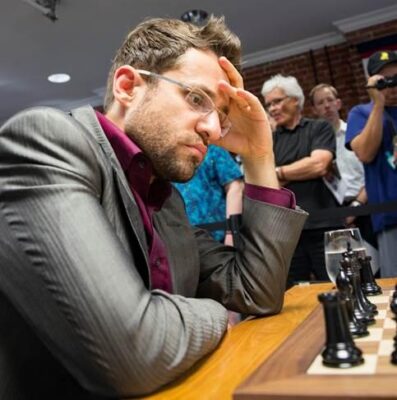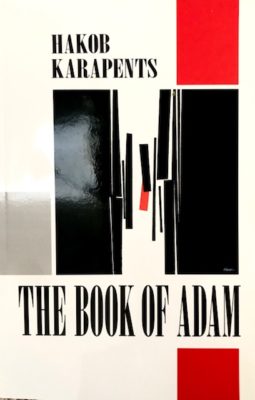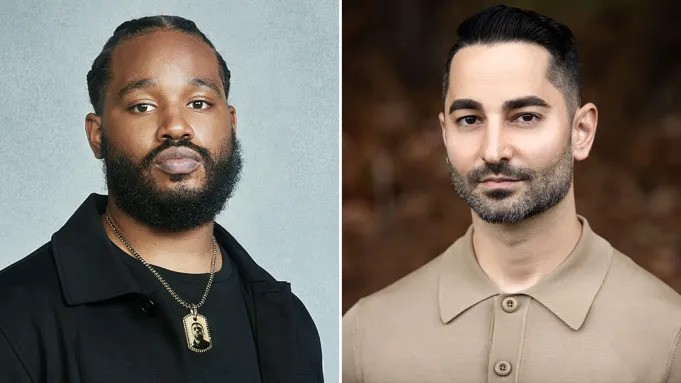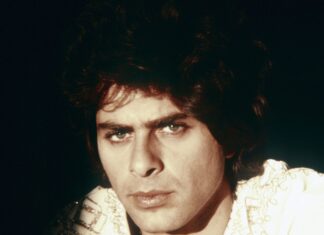The book “I am about to write, nobody else can write . . . It is going to be unique in its depth and breadth,” notes Adam Nourian, the protagonist of Hakob Karapents’ 1983 novel, The Book of Adam, just released in an English translation by Ara Ghazarians (Amaras Press, 2021).
This new publication is dedicated to the ninety-fifth anniversary of the birth of the celebrated writer.
The novel tells the story of the 48-year old Nourian, a respected academic and editor, living in New Haven, Conn. Nourian has left his hometown of Tabriz in Iran and is traveling the earth in search of the place where he can build his mansion and say, “I belong here.” The wanderer with the “dark Armenian eyes” is haunted by questions like, “Should we have left Tabriz?” or, “When I die, where will I be buried?” Underneath his calm Americanized facade is his turmoiled Armenian soul.
Unable to handle the pain of being “an Armenian writer and an American editor,” Nourian withdraws from Armenians, only to return to “my sweet Armenia” with more passion. The esteemed journalist walks away from the editorial offices of the New York Herald Tribune and decides to write his new novel in Armenian, knowing full well that “there are no Armenian readers.” When “there’s no word in English for karot,” how would one say, “I have no home.” Only in Armenian could Nourian truthfully portray his unique Armenian world.
Paradoxically, the grieving Adam, with forefathers from the land of the Meliks of Karabagh in the East, is also the alienated hero of the writers and thinkers of the modern West. East and West merge in the eternally discontented Nourian, roaming “this poor planet tossed into an obscure corner of the Milky Way, one of the billions of galaxies in the universe.” Much like the “heroes” of Beckett, Joyce and Kafka, whom Karapents evokes in his novel, his protagonist is “alone everywhere.” Even in Yerevan, where all were Armenian, “he had felt like a stranger among them.”
Interspersed in the narrative are excerpts from Nourian’s editorials that decry the absence of spiritual values in America. Nourian’s comments on the obsessive consumption of Americans and the abuses of advertising agencies, seamlessly woven into the narrative, further acknowledge his generous and sensitive nature. The fierce defender of human rights accepts his wife’s decision to leave him after twenty-one years of marriage, because she has the right “to be human and free.”







